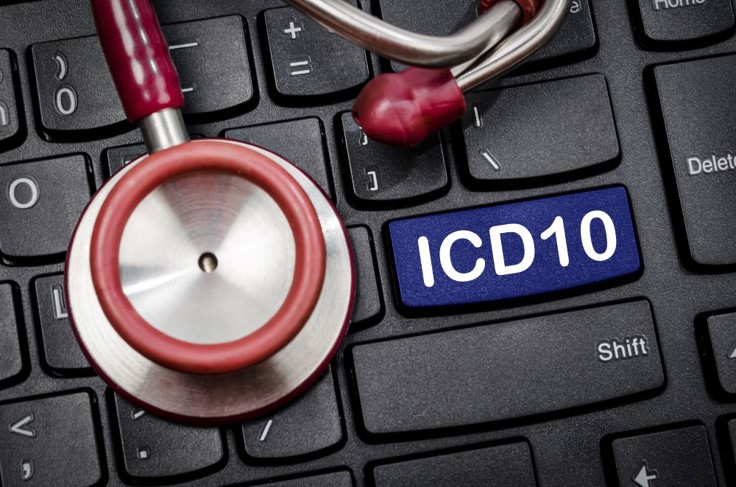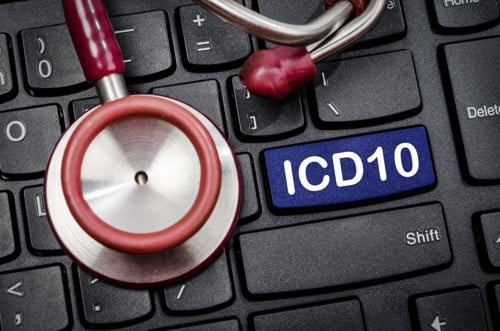Our work
Article
|Updated
To achieve our overall aim of identifying molecular mechanisms of pain related disorders, we have organized our work into 8 work packages (WP1-WP8).

WP1: Project management
The overall objective of WP1 is to establish and maintain a fair and transparent management structure, ensuring integration of WPs and effective communication within the consortium. Also, WP1 will ensure that all PainFACT work and deliverables are realized in an integrated and timely fashion within the agreed budget and all relevant ethical and legal framework.
WP1 leader is Christopher Sivert Nielsen (Norwegian Institute of Public Health).
Deliverables in WP1 (all public):
- D1.1: Quality assurance and risk analysis procedures delivered upon establishment of a functional project administration
- D1.2: Data Management Plan delivered in accordance with FAIR principles to EC
WP2: Biomarker discovery in humans
The overall objective of WP2 to analyse large-scale cohorts to identify patterns of co-morbidity and associated proteomics, genomic and imaging biomarkers. Specifically, WP2 will 1) Characterize multimorbidity clusters in the general population, develop factor scores and apply to a specific population; 2) Identify protein biomarkers that individually or in combination are associated with chronic pain, core morbidities and with multimorbidity clusters; 3) Identify sequence variants associated with pain and co-morbid conditions and develop polygenic risk scores for dissecting the genetics underlying co-morbidity and multi-morbidity; and 4) Identify brain-imaging signatures that are associated with pain and co-morbid conditions.
WP2 leader is Christopher Sivert Nielsen (Norwegian Institute of Public Health).
Deliverables from WP2 (all confidential):
- D2.1: A report describing the multimorbidity clusters in the general population
- D2.2: A report describing the association of proteomics biomarkers with CP, hyperalgesia and co-morbid conditions
- D2.3: A report describing the associations of DNA sequence variants with pain and the co-morbid conditions
- D2.4: A report describing the associations of brain imaging signature with pain and co-morbid conditions
WP3: Biomarker discovery in mice
The overall objective of WP3 is to identify the alterations in gene and miRNA expression that could underlie the co-morbidities and their brain and peripheral pathophysiological correlates. This will be done by use of animal models of chronic pain, emotional, cardiovascular and metabolic disorders. Specifically, WP3 will 1) Obtain and characterize subgroups of mice with chronic pain, emotional, cognitive, cardiovascular and/or metabolic co-morbidities; 2) Identify in these mouse co-morbidities subgroups differential brain connectivity and cardiovascular pathophysiological parameters; and 3) Identify the genes and miRNAs of translational interest potentially involved in these central and peripheral co-morbidities.
WP3 leader is Rafael Maldonado (Universitat Pompeu Fabra).
Deliverables in WP2 (all confidential):
- D3.1: Identification of the different mouse subgroups with specific central and peripheral co-morbidities and the relationships among these co-morbidities
- D3.2: A report describing of the differential brain connectivity and morphological brain patterns and cardiovascular pathophysiological parameters in the mouse co-morbidities subgroups
- D3.3: Identification of the most relevant transcriptomic and miRNA changes potentially involved in the co-morbidities
WP4: Validation of biomarker in humans
The overall objective of WP4 is to validate the findings both for individual biomarkers discovered, as well as sets of biomarkers, including entire polygenic scores (PRSs). Specifically, WP4 will 1) Replicate findings and delineate the phenotype profile of identified variants and PRSs; 2) Recruit and re-phenotype carriers of high-impact variants or extreme PRSs; 3) Study effects on function of selected variants; 4) Dissect causation using Mendelian randomization studies; and 5) Develop a set of biomarkers predicting pain, co-morbidity and multi-morbidity.
WP4 leader is Thorgeir Thorgeirsson (deCODE genetics).
Deliverables in WP4 (all confidential):
- D4.1: A report describing the PRS profiles and profiles of variants
- D4.2: A list of genes included for recruitment and/or functional studies
- D4.3: An updated list of genes included for recruitment and/or functional studies
- D4.4: A new updated list of genes included for recruitment and/or functional studies
- D4.5: A report on the results of Mendelian Randomization studies
- D4.6: Study registration for prospective analysis of the custom panel of protein biomarkers
- D4.7: A report describing the results of the prospective analysis with the 21-plex protein panel
WP5: Validation of biomarker in humans
The overall objective of WP5 is to select two gene or miRNA biomarkers showing the highest correlation with co-morbidities in both human and mouse studies from the discovery WPs 2 and 3, and test them for causality. We will determine whether these biomarkers contribute to molecular mechanisms underlying the co-development of chronic pain and other central and/or peripheral pathologies, and are therefore etiological factors for these co-morbid conditions. WP5 will 1) Include overexpression and/or downregulation of the selected gene/miRNA in the mouse; 2) Test whether the biomarker manipulation modifies the development of centrally-mediated co-morbidities; and 3) Test whether the biomarker manipulation modifies the development of peripheral co-morbidities.
WP5 will establish whether the best predictive biomarkers could also be causal factors, and therefore potential targets for treatment.
WP5 leader is Laura Harsan (Université de Strasbourg).
Deliverables in WP5 (all confidential):
- D5.1: Generation of new mutant mouse lines
- D5.2: Identification of pain / central & peripheral co-morbidities in mutant mice
- D5.3: A report describing the MRI-structural and functional phenotypes in the brain of mutant mice
- D5.4: Identification of metabolic and cardiovascular phenotypes (i.e. atherosclerosis) in mutant mice
WP6: Cross-validation studies and joint analysis
The overall objective of WP6 is to successfully achieve a fully integrated approach to discovery and a strong commitment to cross validation studies across data sets, with emphasis on translating results between mouse and man. WP6 will 1) Ensure fully integrated approach for human and animal studies; 2) Perform cross-validation studies; and 3) Apply and develop state of the art statistical genetics methods and machine learning methods in joint analysis.
WP6 leader is Thorgeir Thorgeirsson (deCODE genetics).
Deliverables in WP6 (all confidential):
- D6.1: A report describing the databases and annotated results files utilized PainFACT
- D6.2: A report describing PAD and PBG learning, predictions, and GWAS results
- D6.3: A report describing the pain QST learning, predictions, and GWAS results
WP7: Dissemination and exploitation
The overall objective of WP7 is to disseminate the results of the project. This will be done by 1) Publishing the results of the project in peer-reviewed high impact scientific journals and in scientific meetings and symposia; 2) Encouraging and creating awareness among researchers to accelerate the translation of the projects’ results, among industrial partners to develop needed products and devices and among healthcare professionals about the use of the new clinical tools generated in PainFACT; 3) Adding new online marketing tools to the commercialization strategies of TATAA, QUIBIM and deCODE to carry out a maximum exploitation of the new biomarkers panel and imaging algorithms developed in PainFACT; and 4) Making sure the project results reaches all interested stakeholders, whilst keeping a respectful data management.
WP7 leader is Rafael Maldonado (Universitat Pompeu Fabra).
Deliverables in WP7:
- D7.1: Final Dissemination and Exploitation Plan (public)
WP8: Ethics requirements
The overall objective of WP8 is to ensure that the project complies with all relevant ethics and legal requirements.
WP8 leader is Christopher Sivert Nielsen (National Institute of Public Health).
Deliverables in WP8 (all confidential):
- D8.1: H – Requirement No. 1
- D8.2: POPD – NEC – Requirement NO. 3
- D8.3: A – Requirement No. 4
- D8.4: GEN – Requirement NO. 6


